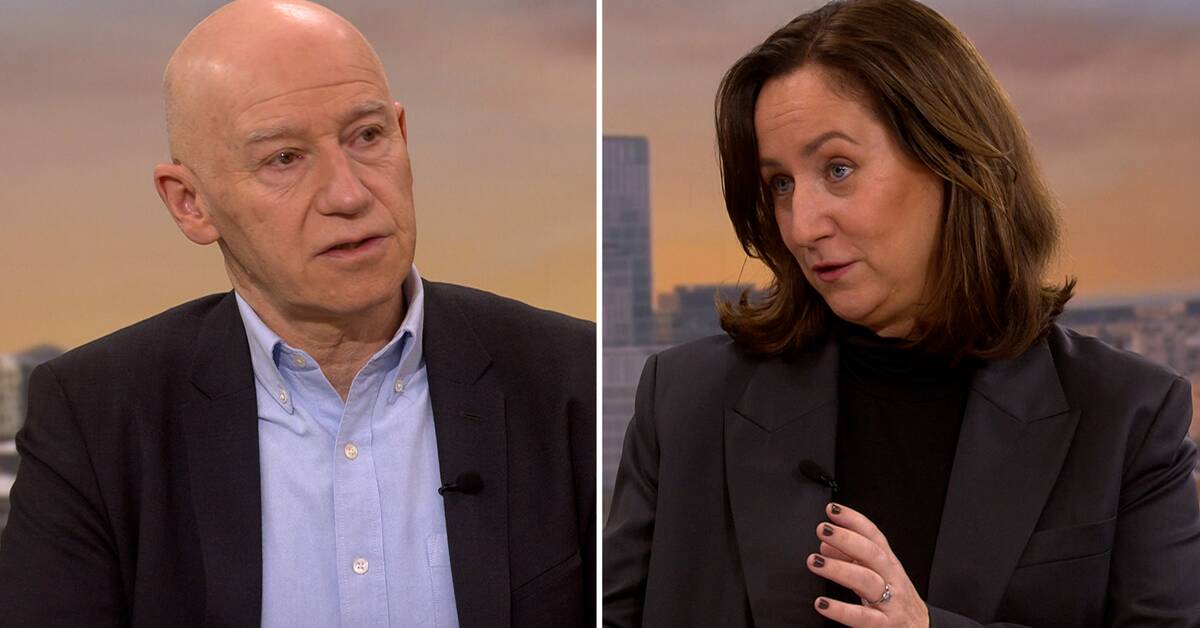Holocaust Remembrance Day is observed every year on January 27, the date the Auschwitz-Birkenau extermination camp, which was run by Nazi Germany in occupied Poland during World War II, was liberated.
Six million
About six million Jews died in the Holocaust, but Roma and Poles were also subjected to genocide.
In addition, thousands of other people, including the disabled and homosexuals, were persecuted, imprisoned and killed.
- The day is for stopping for a while and remembering and honoring the victims and the lives that never came to be, says Petra Mårselius, superintendent at the Forum for Living History, in SVT's Morgonstudion.
- This affects us to this day and it is important to learn from what happened.
How could the holocaust happen?
What processes led up to this disaster?
she continues.
Anti-Semitism is present to this day. That's what Henrik Bachner thinks, a historian of ideas with a focus on issues of anti-Semitism. Hear him and Petra Mårselius tell how anti-Semitism continues to spread in today's society in the player above.

